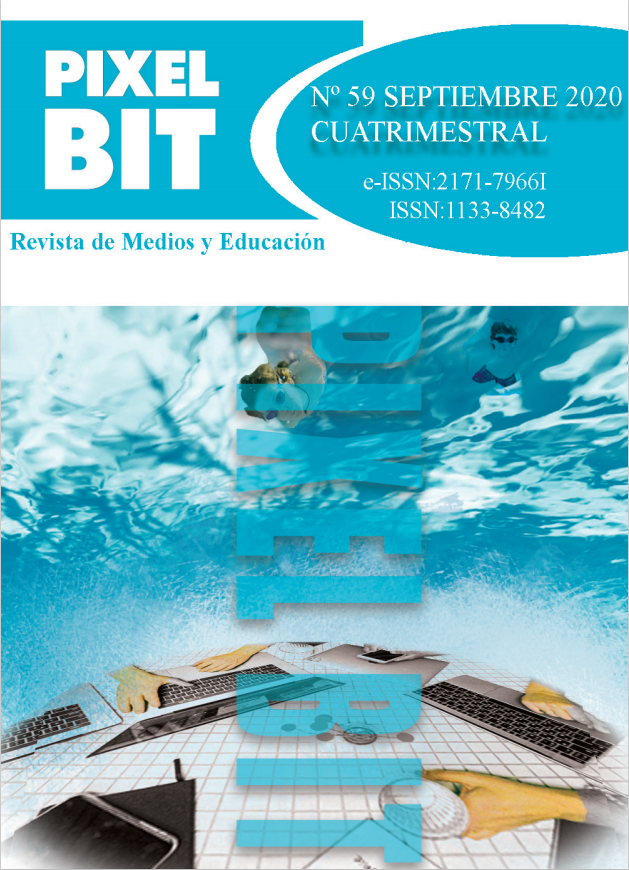Resumen
En los últimos años la producción científica entorno a la Competencia Digital ha tenido un crecimiento exponencial, ahondando principalmente en el estudio de la autopercepción sobre el nivel de desarrollo esperado o la evaluación/diagnóstico del dominio en dicha área. El objetivo de este artículo es conocer qué instrumentos se utilizan y qué aspectos se evalúan en las investigaciones que buscan reconocer las competencias digitales de los estudiantes universitarios de nuevo ingreso a través de un meta-análisis en WoS establecido para el intervalo de 2014-2019 y empleando palabras clave categorizadas en tres áreas: “Competencias Digitales”, “Estudiantes” y “Evaluación”, con el fin último de establecer hipótesis que incluyan variables que no se hayan tenido en cuenta hasta el momento sobre los instrumentos que se están empleando y los aspectos que se evalúan. Como principal conclusión adelantamos que se han encontrado dos miradas principales: perceptiva y de rendimiento. Lo que resalta la importancia de incentivar estudios que combinen ambos enfoques.

